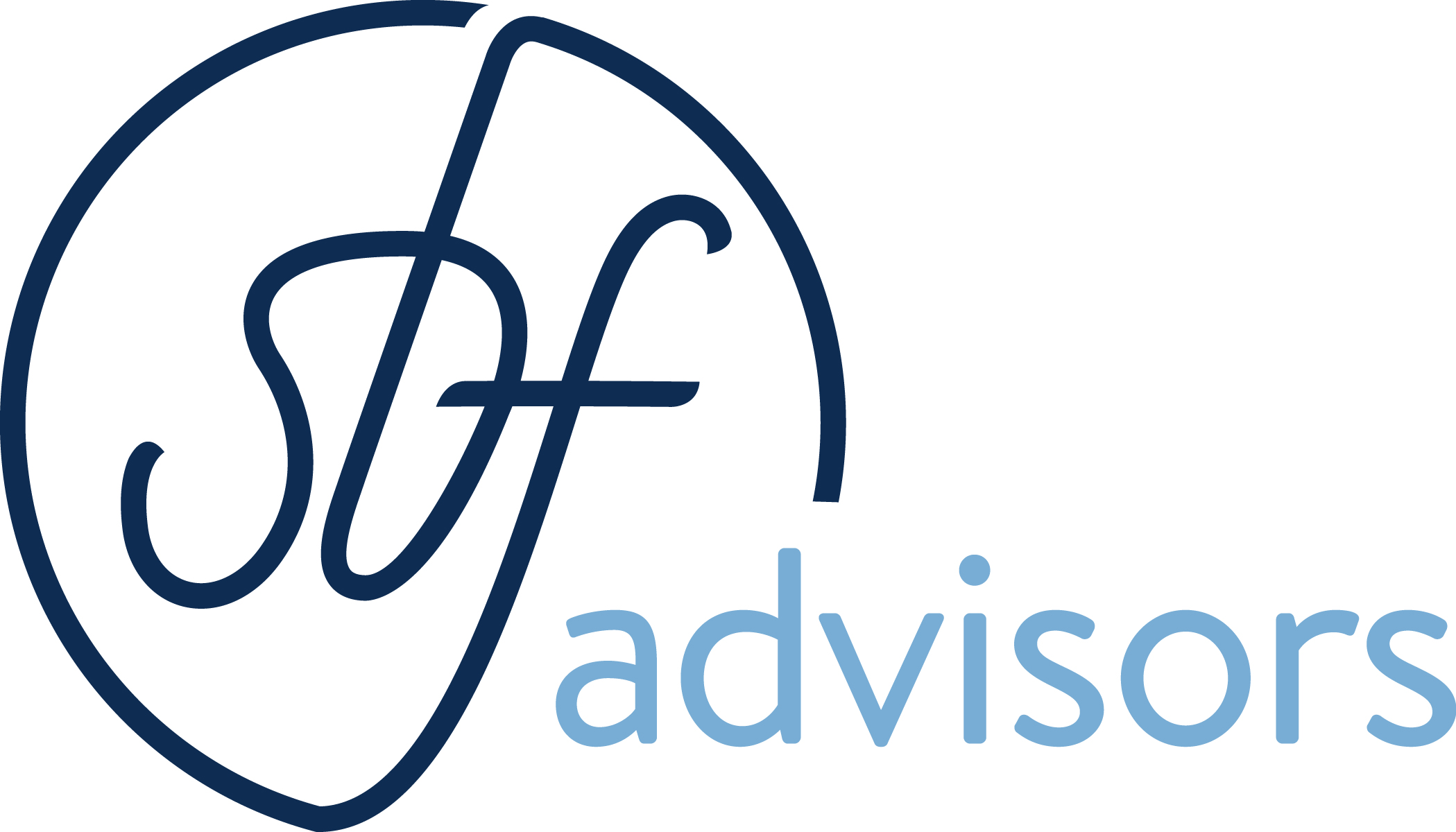With New PPP Funds Available, Here’s What You Need to Know
Congress struck a compromise on a new round of COVID-19 relief funding. Here’s what you need to know about what the package includes.
More relief for small businesses is on the way. Congress are finalizing a COVID relief bill, which extends unemployment benefits, includes direct stimulus checks, adds more funds to the Paycheck Protection Program, and makes expenses covered by the Paycheck Protection Program (PPP) tax-deductible. The $900 billion bill is extensive and aims to remedy a variety of problems, and we’ve summarized the most relevant information below.
Here’s what you need to know about the new COVID relief bill and how it may impact your business and personal taxes:
- New PPP funds available for small businesses. Some businesses can apply for a second round of PPP loans funded by this legislation, which sets aside $12 billion for minority-owned and very small businesses and $15 billion for live venues, independent movie theaters, and other cultural institutions. It also makes non-profit organizations, TV stations and newspapers eligible.
- PPP loan deductions. When the original CARES Act passed in the spring, establishing the Paycheck Protection Program, it was clear that when PPP loans were forgiven, the amount of those loans would not be considered taxable income. But this new legislation clarifies further that expenses paid with PPP funds are deductible. For those who have already had their loans forgiven, there may be additional guidance coming regarding how deductibility will work. We will be watching this closely. Note that the rules for tax deductibility of expenses paid with PPP funds also apply to independent contractors and sole proprietors – taxpayers whose income is shown on a Schedule C or Schedule F on their personal income tax returns.
- Business meal deductions. The White House lobbied to include an expansion of the tax deduction for business meals. The Washington Post reports: “Since the 1980s, businesses have only been able to deduct 50 percent of their meal expenses off their federal taxes. A proposal championed by the White House and Sen. Tim Scott (R-S.C.) would increase that deduction to 100 percent allowing companies to deduct the full cost of a business meal off their federal taxes.”
- Stimulus checks. For taxpayers who made under $75,000 in 2019, checks for $600 will be on the way, with an additional $600 per child as well. See how this might affect you.
- Unemployment insurance. Those who are unemployed will be eligible for enhanced unemployment benefits of $300 per week on top of what is offered by their state, for up to 11 additional weeks. Unemployment insurance included in the original CARES Act was $600 per week.
- Rent payment assistance. To help families pay rent, Congress set aside $25 billion for rental assistance and extended the moratorium on evictions.
We will keep you updated as more information becomes available, and if you have questions about your specific situation, email us at info@sbfcpa.com.

